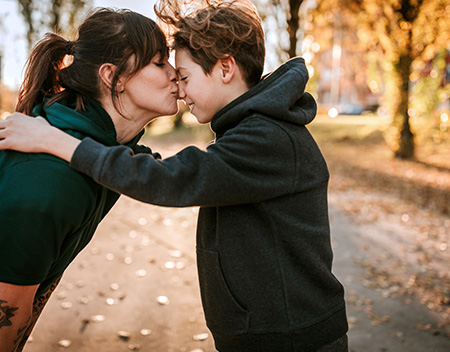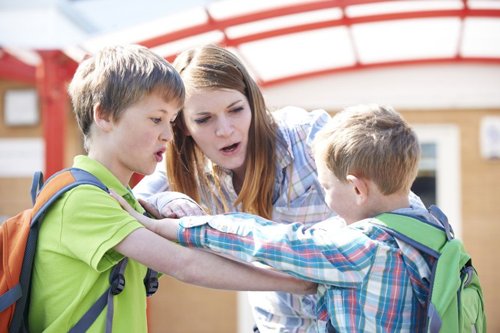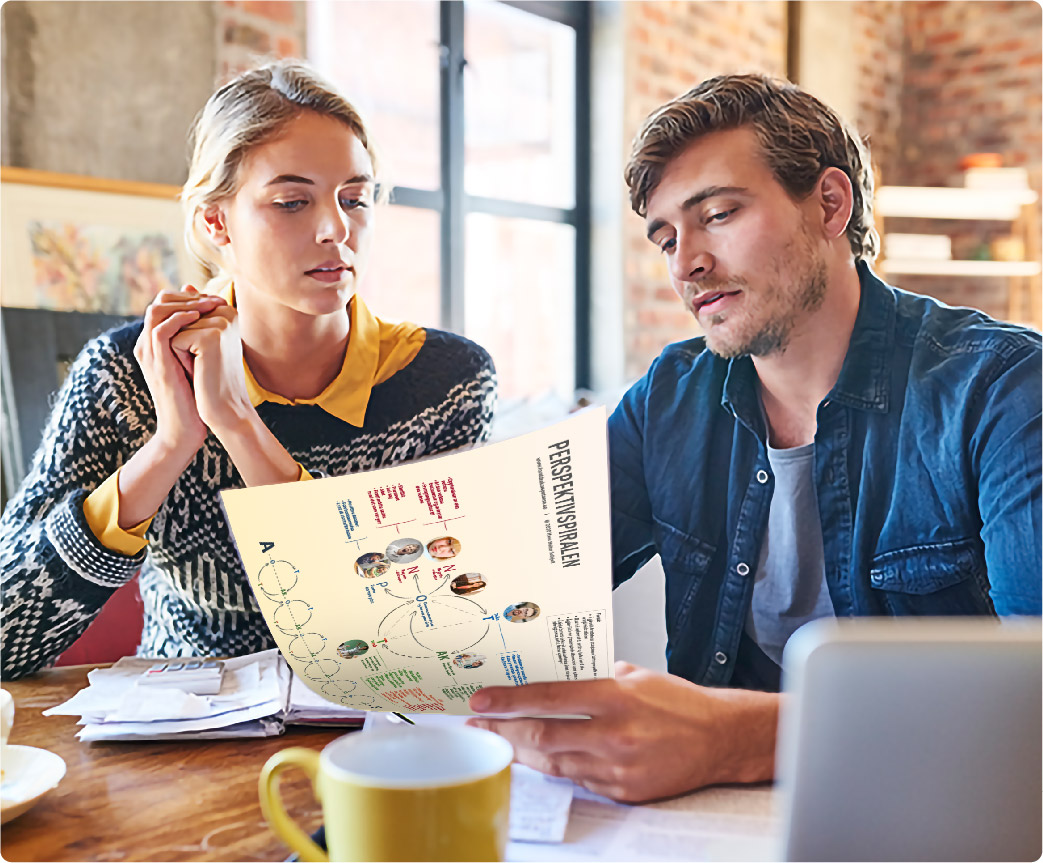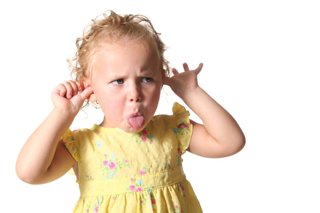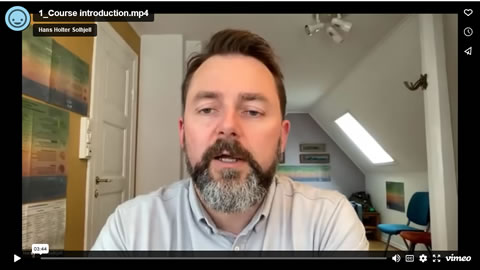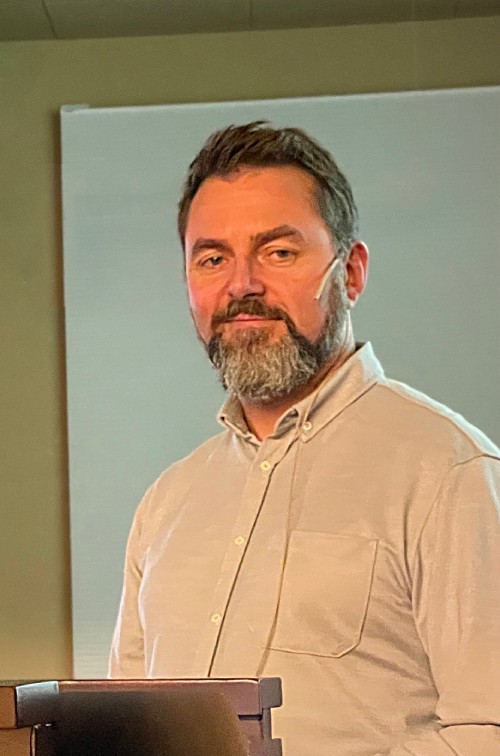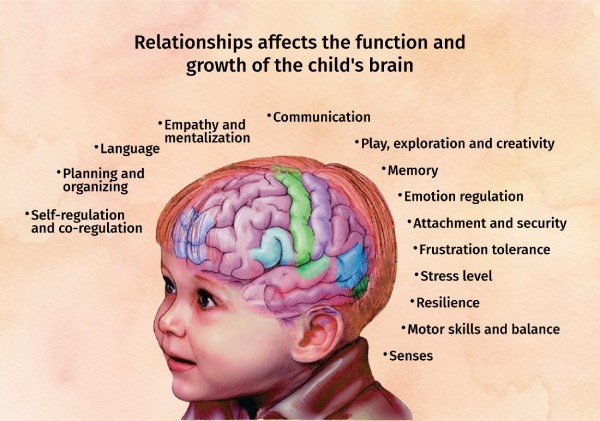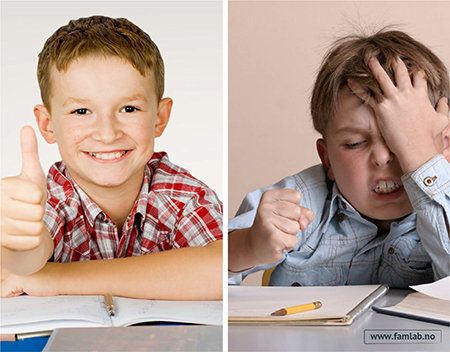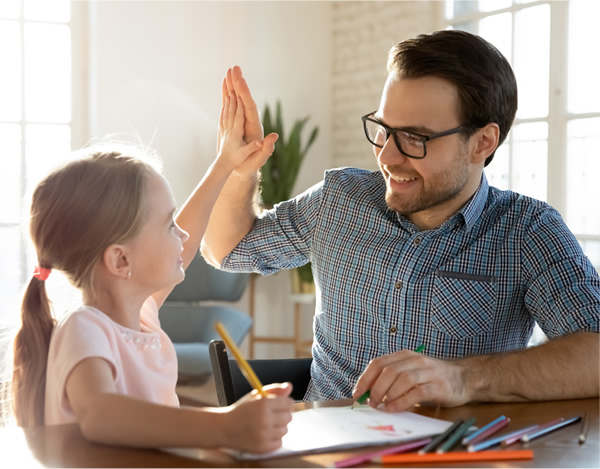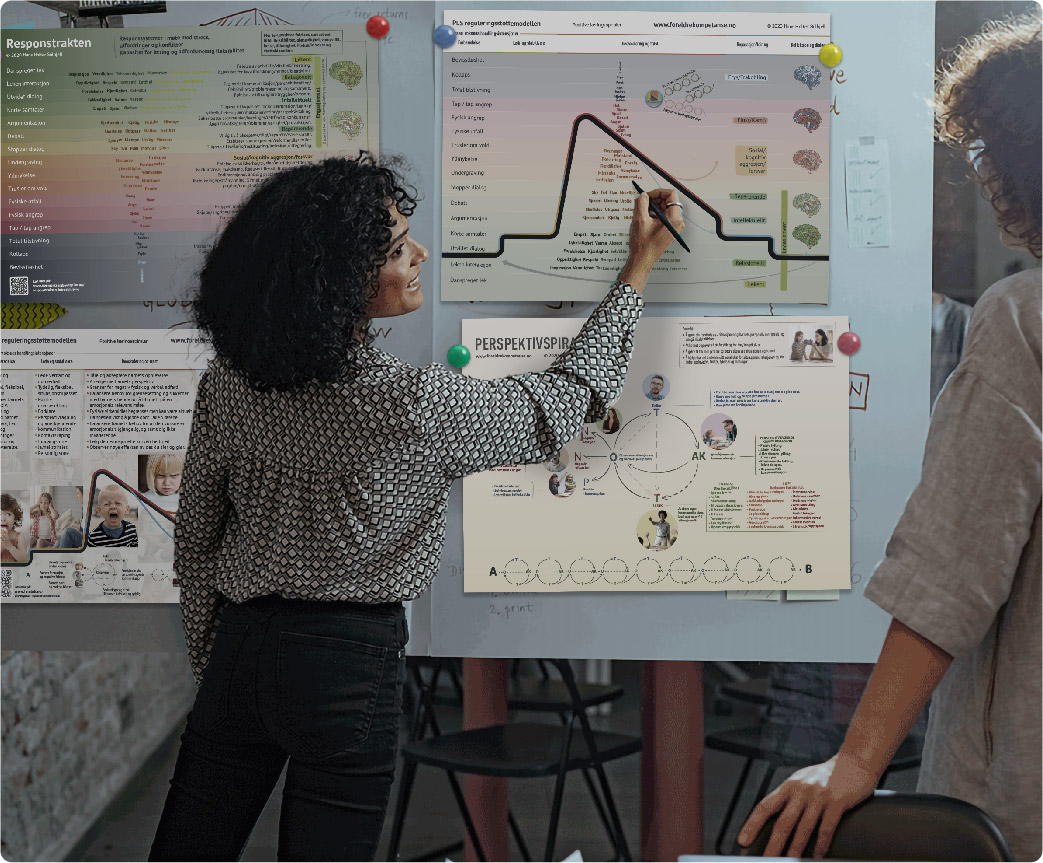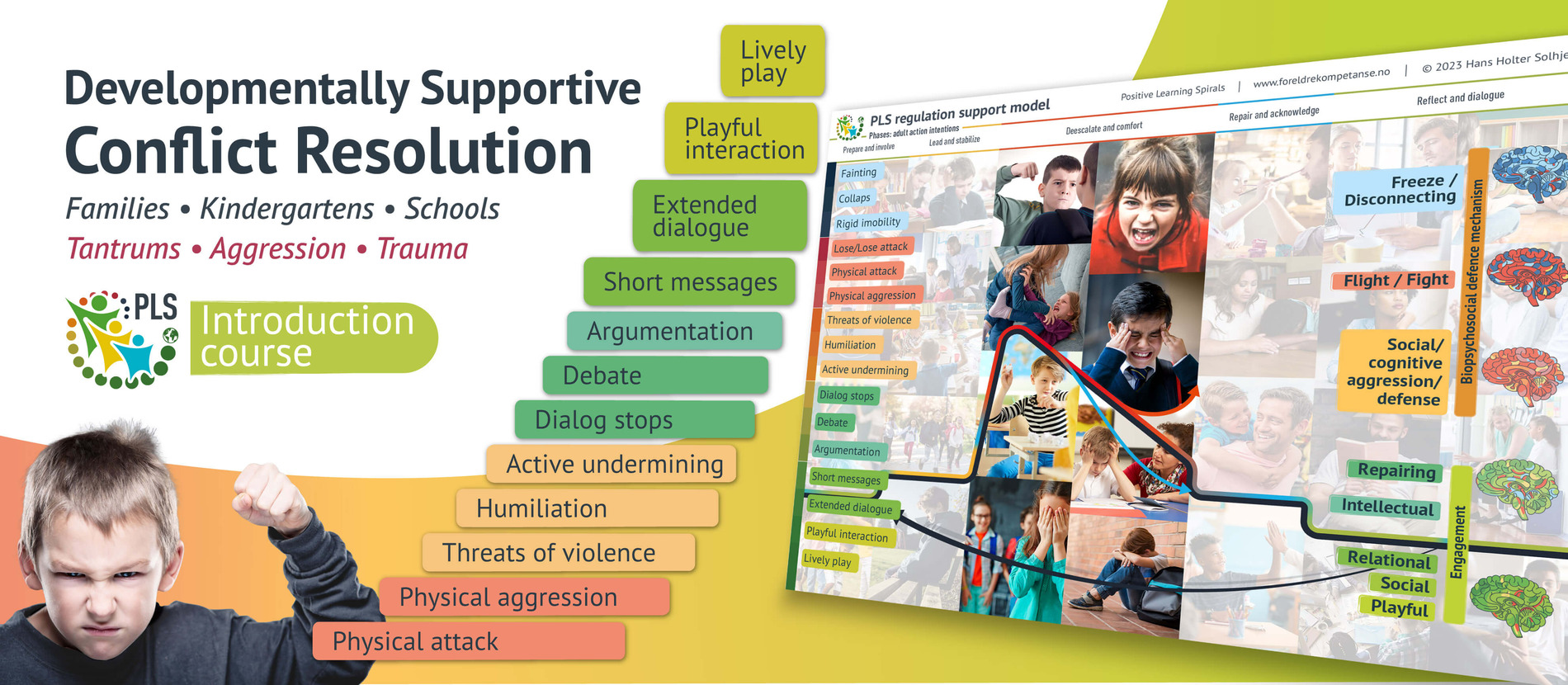
Developmentally and regulation supportive
Communication and Conflict Resolution
Aggression, trauma, relational stress, and regulation challenges
A introduction course to the
PLS regulation support model
For parents and professionals who work with children
Course information, date and price
Online video lectures: You will receive access to these when signing up.
Q&A session on Zoom:
– After you have seen the course videos you can send your questions via email and book a 15 minute session where we answer your questions. If more time is needed, you can book additional time if you want to.
Price: USD 199
Group options:
5 or more: USD 149 per person.
10 or more: USD 129 per person.
Language:
- – The video lectures are in English
- – The online zoom sessions are held in English.
Online lectures on video and live Q&A session on Zoom.
This course is delivered to you in both online videos and an online Q&A session where you can ask questions and receive specific advice about your particular situation.
You will receive access to the videos immediately when signing up.
For the session, when you send us your questions we will send you a link to book a session in our calendar. If you need to change the date later, just lets us know.
Live training: We can also provide the whole course live on location or via Zoom for larger groups. This can be done in both longer and shorter versions of the course. Please contact us to arrange for this option.
Information for organizers: Do you want to organize a live course for your audience, via zoom or on location? Please get in touch with me to arrange for this option.
Does any of this sound familiar to you?
- Frequent strong reactions that last for a long time.
- It takes very little to trigger strong and prolonged reactions.
- Often frustrated, bored, or angry.
- Getting involved in conflict with others easily.
- Aggressive and violent behaviour.
- Overly passive or submissive behaviour.
- Lack of motivation, excessive sensitivity, or too self-controlled.
If you are experiencing some or most of these things, you know it is usually exhausting and frustrating for the child, siblings, parents, and others. And that adults can feel unsure about how to relate the situation and the child.
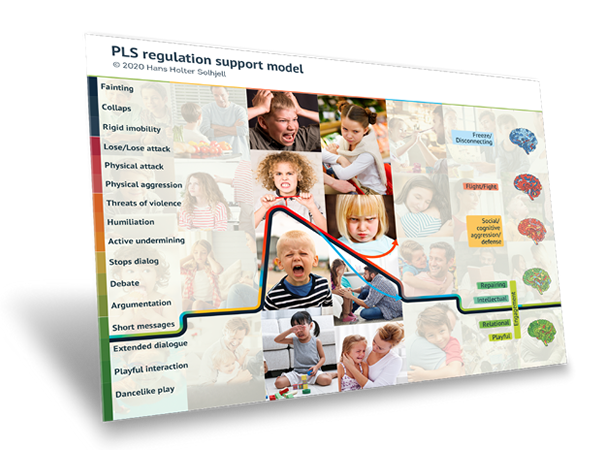
Resolve conflict and support your child’s development
In this course, you will get a practical introduction to the PLS regulation support model.
PLS, short for Positive Learning Spirals, is a skill and practice-focused model that helps you resolve all kinds of everyday situations and conflicts in relationships with children in a learning-oriented, developmentally supportive manner.
The models and principles in this course are relevant to support all children’s optimal development, and in particular, for those who need extra support, most children in the 2-5 age group, and also older children who are face life challenges, transitions, struggling from stress or trauma, or other self-regulation related issues and even diagnoses.
For families, schools and kindergartens
This course and the PLS regulation support model is relevant for parents and those who work with children in school or kindergarten. It is also relevant to others who want to better understand themselves and their own reactions to relational stress and trauma.
After this course, you will have a clear idea about how to resolve everyday conflicts and create a relational environment that supports children’s self-regulation capacity and that is supportive of children’s development in general.
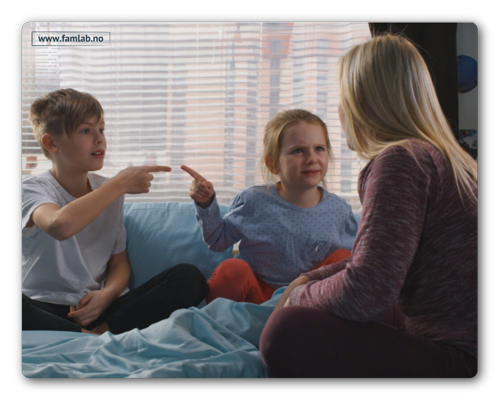
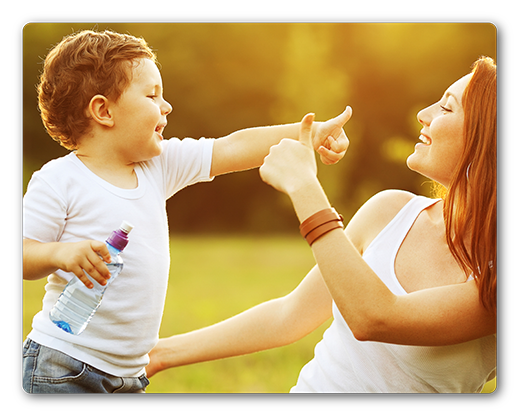
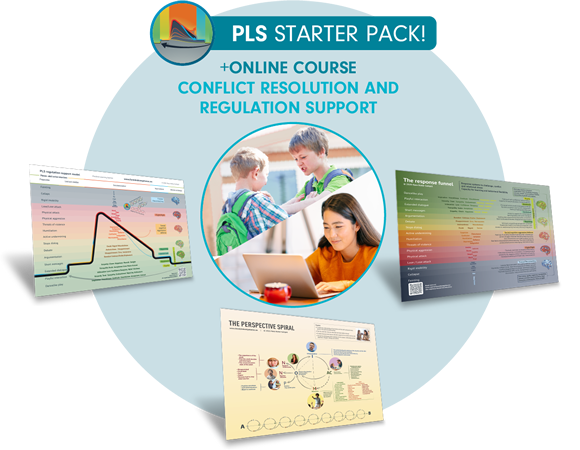
In this course you will learn about:
- Communication and conflict resolution with the PLS regulation support model, the Response Funnel and The Perspective Spiral.
- The 5 phases of developmentally supportive conflict resolution.
- The skills to develop to master each phase.
- About self-regulation, co-regulation and regulation support.
- Basic understanding of relational stress, trauma, and complex trauma.
- How trauma and severe stress affect the developing brain of children.
- Optimal development, mental health, learning, play and attachment.
- The brain, the autonomic nervous system, polyvagal theory and the social engagement system, and the fight-flight-freeze response.
See the course content here
Course Content
Hans Holter Solhjell, creator of the PLS framework
He has developed and refined the PLS regulation support model, The Perspective Spiral and The Response Funnel over the last 15 years, teaching the model to parents, kindergartens, and schools in Norway.
Hans wrote his thesis in pedagogy on topics related to self-regulation, the development of the brain and nervous system, developmental theory, trauma, relationships, communication and conflict resolution and has since specialized on developing and teaching practical models in these fields.
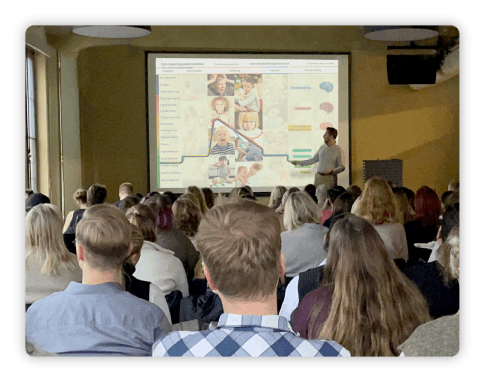
Hans provides courses and guidance to parents, kindergartens, and schools, as well as a certification training program in the PLS regulation support framework. You can read more about Hans here.
The PLS Regulation Support framework
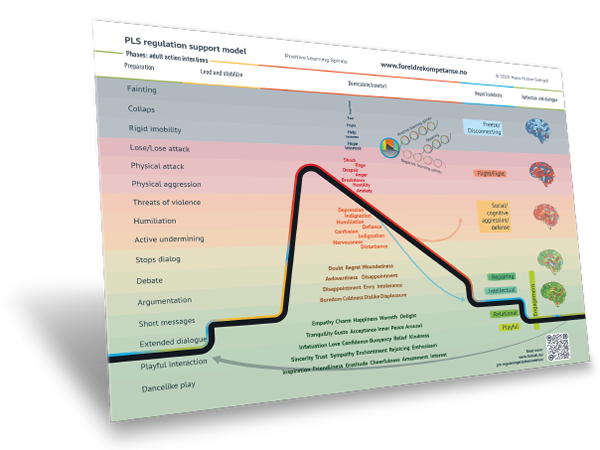
PLS Regulation Support Model
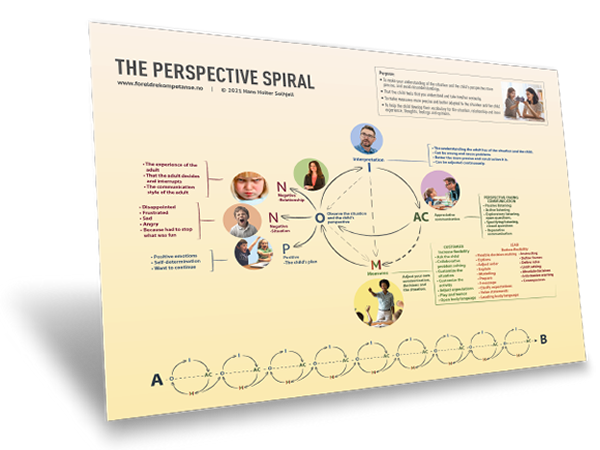
The Perspective Spiral
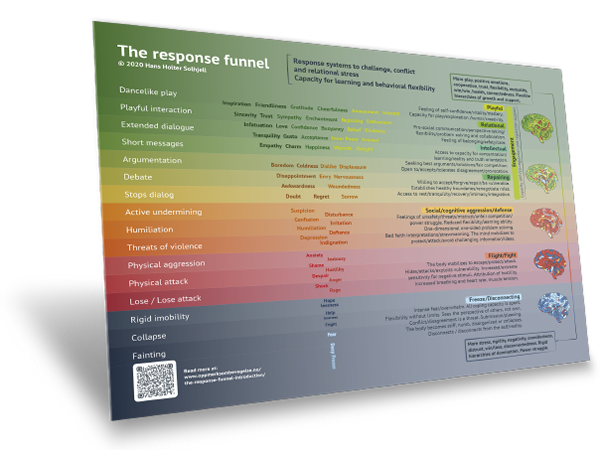
The Response Funnel
The PLS regulation support framework consists of several new practice- and skill-oriented models, primarily the PLS regulation support model, The Perspective Spiral and The Response Funnel.
All three models and the PLS framework is developed by Hans Holter Solhjell.
Importantly, the models are applicable in relationships with all children to support optimal development as well as to support those who have more severe self-regulation challenges, either due to trauma, various regulation-related diagnosis, or combinations thereof.
Download your copy of the
PLS Regulation Support Model
here!
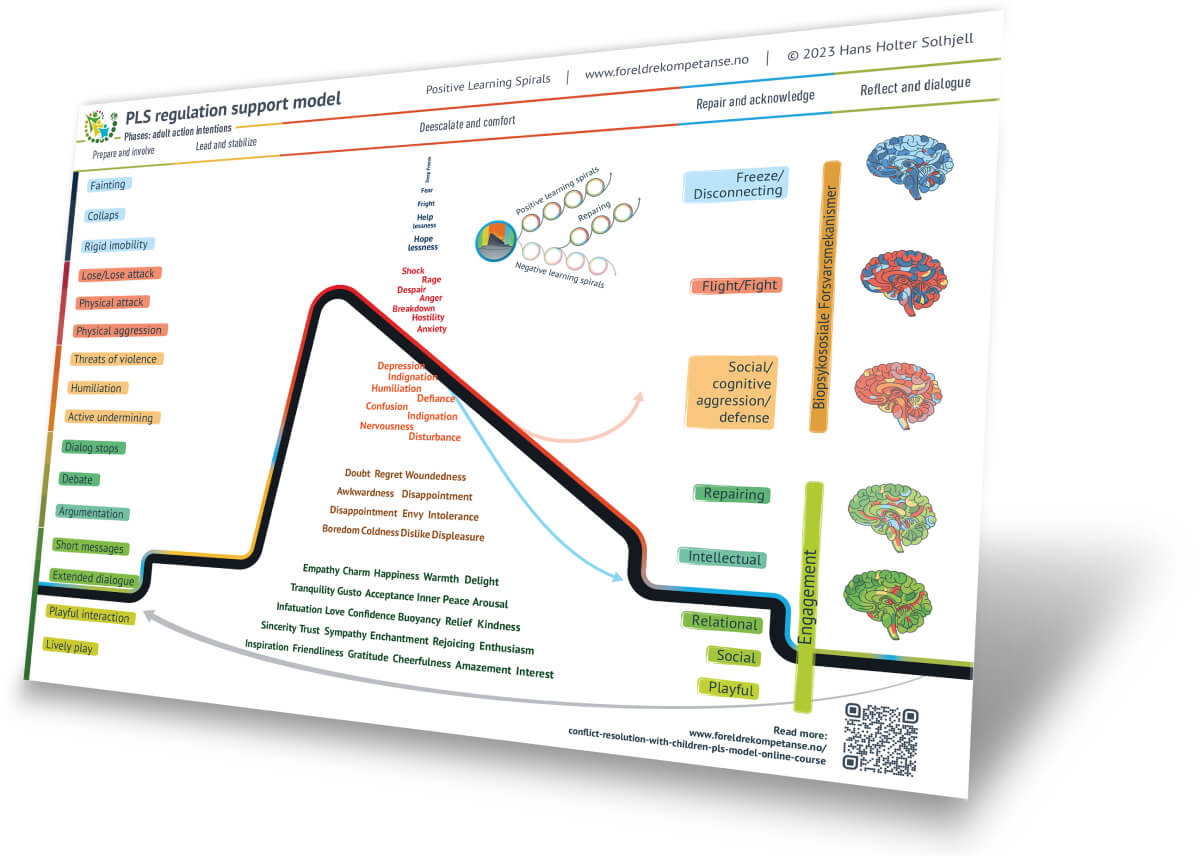
Testimonials
I use the models in my everyday work, to support children and for guidance of teachers, other staff as well as parents.”
And especially useful in the most challenging relationships, where we need to repair, build trust and provide the child with new opportunities for positive relational experiences, cooperation and mutual problem-solving.”
The importance of relationships for the developing child, the brain, optimal development and mental health.
Relationships shape the brain
Psychoneurobiological attachment theory describes how relational interpersonal experiences affect the development and function of the brain and nervous system. And especially the features and parts of the brain that are related to affect regulation, self-regulation, and executive functions. Affect regulation and self-regulation are skills that we continue to develop throughout our lives, including throughout our adulthood.
A child’s development of self-regulation capacity is largely influenced by the quality of co-regulation and regulation support they get from their caregivers in everyday situations over time. And the biological maturation of the child’s brain and nervous system are in many ways dependent on this co-regulation and on relational experiences that support development over the long term. This is also true for adults throughout ones entire lifetime, even though to a lesser degree.
Capacity to deal with relational stress and complexity
Our capacity for self-regulation is largely responsible for our capacity to deal with stress and the demands of life and preserve or restore our own experience of security, inner freedom, and vitality in the situations we are in. And by our ability to handle gradually more complex challenges throughout our lives. Especially in relation to both positive and negative relational stress.
Relational stress, whether positive or negative, is an inherent part of all relationships and all social interactions. A child’s ability to self-regulate is important not only for regulating negative emotions but also for maintaining and modulating positive emotions. For a child, this is important in relation to (for example) taking initiative and participating in play and curiosity while they explore their social and physical environments and their own capabilities.
Mental health, resilience and optimal development
Gradually increasing self-regulation capacity and the maturation of the associated biological structures are important factors in a child’s development of good mental health, ability to cope with major stresses, resilience, and optimal further development in life.
The course is also relevant for adults who have experienced trauma, or who want to understand more about themselves and their own experiences with trauma and relational stress. When we can better understand and process our own emotional, cognitive, and behavioral response patterns, we are better able to self-regulate. Obviously, this is an advantage when we are supporting children through our co-regulation, and this course will provide you with some insights about how to achieve this.
For Families, Kindergartens and Schools
The PLS model and framework is equally relevant in families, kindergarten, and schools, and has been used with success to increase cooperation between families, kindergarten, and schools. When more of the adults relating with the child understand and applies the principles of the PLS regulation support model,
If you want to learn more about the PLS regulation support model and how to put it into practice in your daily life, please download a pdf of the model and register on our newsletter on this link.
Get your copy of the
PLS Regulation Support Model
here!


